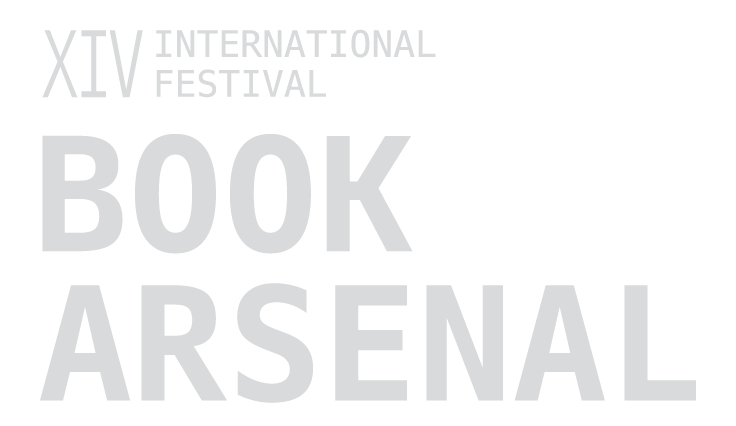Curated by Oksana Shchur
Last year, when the end of the world was announced and we found ourselves in limbo – the era was coming to an end, but the world itself was not ending, not for everyone – the self-sufficiency and flexibility of literature became apparent.
Literature was the last area that searched for new formats: you could read and write on your own, while audiobooks and e-books have long become digital; video poetry and collective creative work have long been enjoyed on social networks. The lockdown did not hinder literature as much as the performing arts, striking only its infrastructure. So, the resonant experiments remained for music and theater.
In addition, alternative formats and cancellations of festivals, discussion programs, and presentations have exposed the fact that, in recent years, the event-oriented literary culture has become a no less important form of expression than the printer’s ink. The book has become just one of the possible choices, getting the attention to its aesthetics and physical characteristics, such as a pleasant tactile feel or the specific smell of paint. While literature itself can also be read, recited, and combined with music and visual arts. Poets can speak on gender, skin color, domestic violence, and political situations, and this can lead to large-scale public debates.
The boundaries of the very understanding of literature appeared to be much wider, and the world’s tectonic changes consolidated this. Along with the variety of forms of expression, the translation, comics, rap, and performance have been added to the canonical poetry, prose, and drama.
The literary program of Book Arsenal 2021 is assembled of the fragments of traditional topics and the seeds of new approaches to program planning, being in search of a selection of the most important, because in the age of real physical risks readers, listeners, and artists, hungry for atmosphere and communication, will want to join the festival only in those moments that will seem interesting for them. This is an important breathing-out before starting something completely different, and our chance for rehearsals. A few years ago, at the beginning of the war, we rushed to look for answers in books, hoping to find significant words there; many people remember that crowded Mystetskyi Arsenal in spring. This time, literature will feel like air – as a sign that the world will not be the same, but we will still be able to listen, read, and dance.

